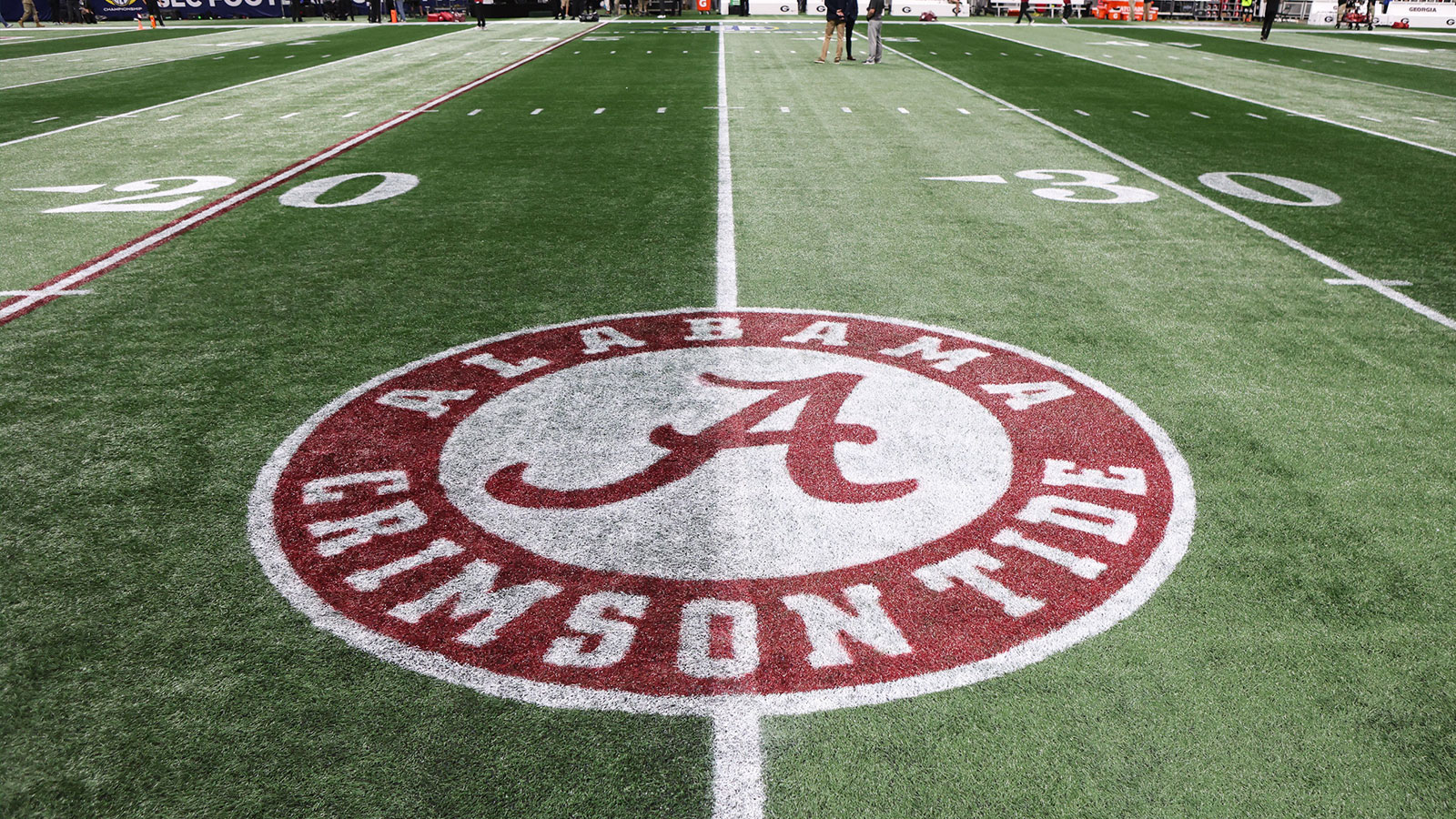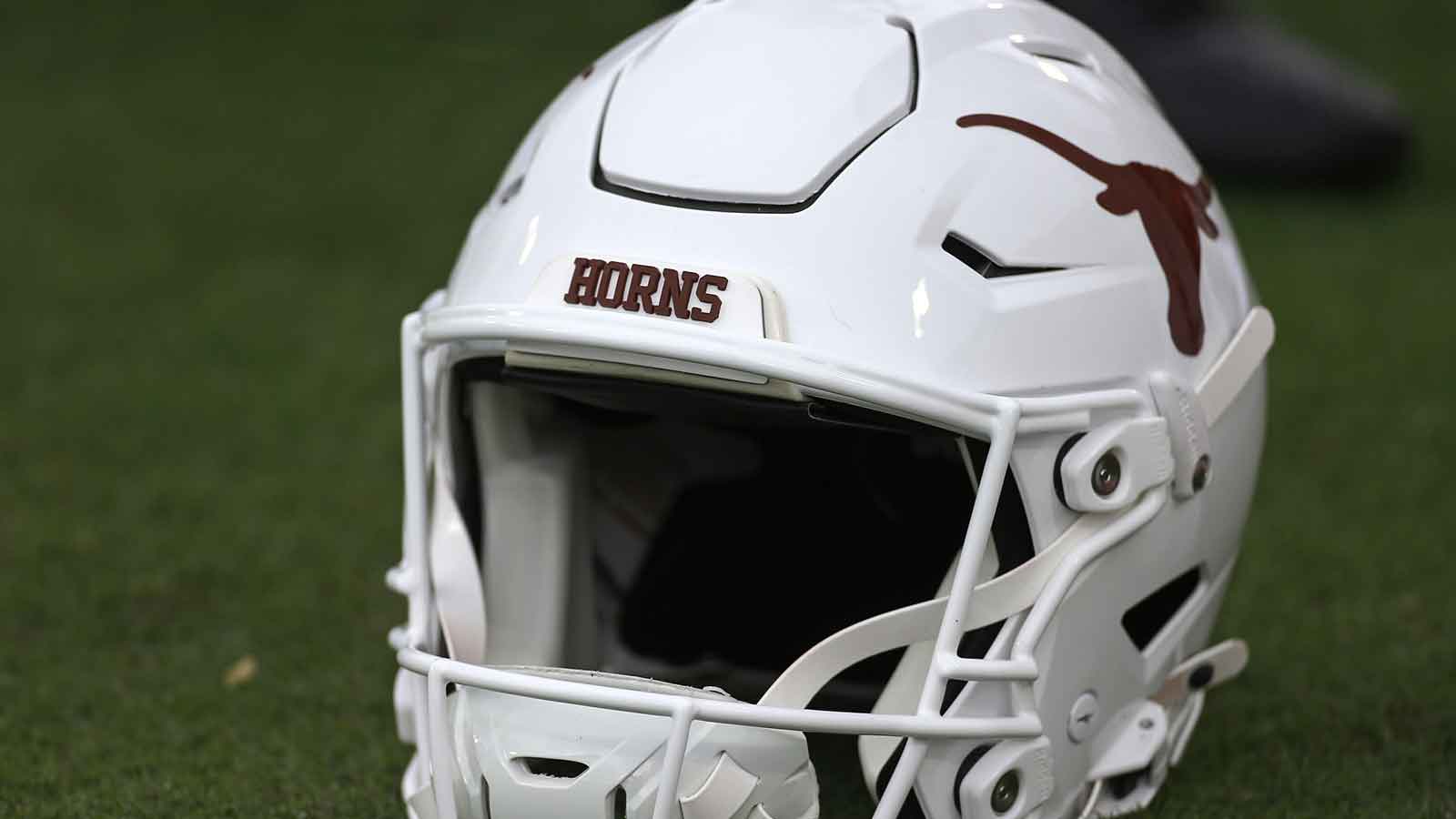College football is possibly at the biggest crossroads that the sport has ever seen. With such an influx of change, usually it is followed by an influx of financials, or the hope thereof. The sport is now dealing with things they never had to deal with just five years ago. Things like NIL, the transfer portal and now conference expansion and re-alignment is the norm — and it's only getting worse.
It's unreal how much disparity there is in college football. We all know who the rulers of the sport are in the SEC and Big 10, but to truly know how much of a discrepancy between them and the other conferences is staggering. Just look at the ACC for example.
The ACC could be more than $30 million behind the SEC and Big 10 thanks to their media rights deal with ESPN. The deal with ESPN, signed by then ACC commissioner John Swofford and seen at the time as a deal that saved the ACC, now could be part of its demise.
Swofford signed the ESPN media rights deal for the ACC in July 2012. The deal was a landmark 15-year agreement that extended the partnership between the ACC and ESPN through 2027. The agreement included exclusive rights for ESPN to televise and distribute ACC sporting events across various platforms, including ESPN's networks, digital platforms, and ESPN3. Swofford and others thought this was a milestone achievement for the ACC in terms of exposure and revenue generation for its members.
In 2016 it was announced that a deal with ESPN and the ACC was further extended with the coming arrival of the ACC Network (For reference, the SEC Network arrived in 2014). The new deal extended the partnership all the way through the 2035-36 season.
2016 was a long time ago, though, and so much has happened within the sport of college football that it's nowhere similar to what it was back then. But even then, it seemed as if the ACC was playing catch-up.
ACC Grant-of-Rights
One of the major parts of the deal was the grant-of-rights. It was a decision that all schools unanimously voted for, which meant the conference not only owned all media rights associated with the schools but also the money that came with them. This included teams that would choose to leave under the term life of the deal.
While the SEC and Big 10 are expanding, the rest of the college football world seems to be shrinking. Between the ACC, Big 12 and Pac-12, all of them are holding on for dear life right now, looking for new ways to make money not to just compete, but survive. With the Big 12 losing Oklahoma and Texas soon to the SEC and the Pac-12 losing USC and UCLA to the Big 10, the higher profile schools are almost all residing in two conferences, minus a select few. You're looking at three David's against two Goliath's. Except in this case, the Goliath's are going to win.
Just within the ACC, there are seven schools looking for an exit plan. They include the past two schools to win a national championship in the conference, FSU and Clemson, who either want out all together to seek other opportunities or want to heavily amend the ACC/ESPN deal, per Ross Dellenger from Sports Illustrated.
It was no surprise as to who the seven schools were. They were some of the conference's higher-profile schools, according to Brett McMurphy of The Action Network: Clemson, FSU, Miami, North Carolina, NC State, Virginia and Virginia Tech. Each team apparently sent their lawyers in wanting to know one thing — “just how unbreakable” is the ACC's grant-of-rights deal?
That's really the only course of action the teams within the conference can make if they're hoping to seek larger revenue streams and/or conference shelter elsewhere. And even at that point, if they were lucky enough to lawyer their way out of the insurmountable grant-of-rights deal, they would then to have to pay a $120 million exit fee. Yikes.
The other options are, although not totally unrealistic, still won't help these teams seek what they're really after. The options would seek more revenue from ESPN or start a new league/conference.
ESPN isn't going to give the conference more money as they've got their own financial issues currently. Seeking other disgruntled teams to form a new league or conference seems out of the question as well, if not downright foolish. A seven-team league or more that would include those outside the conference won't prove anything, not to mention the time and revenue to create such a thing probably wouldn't be worth it in the end. You have to think had adversely that would affect things like recruiting.
With meetings still taking place this week, ACC officials have also purposed an incentive-based system, which would award the teams excelling on the field instead of equally distributing the conferences revenue. This may honestly be the best course of action, as it in turn could produce some highly entertaining conference play with much more at stake.
Those within the ACC and elsewhere know where the big paydays are at, and that's where they want to go — the SEC or Big 10. If those seven teams somehow find a lawyer to wiggle their way out of losing millions of dollars just to leave the conference, they would then have to hope the SEC or Big 10 want them. Clemson and FSU have tons of appeal with recent success. The others have historic appeal and are successful in other sports like basketball — but is it enough to make them expand?
Time and money will tell.




















